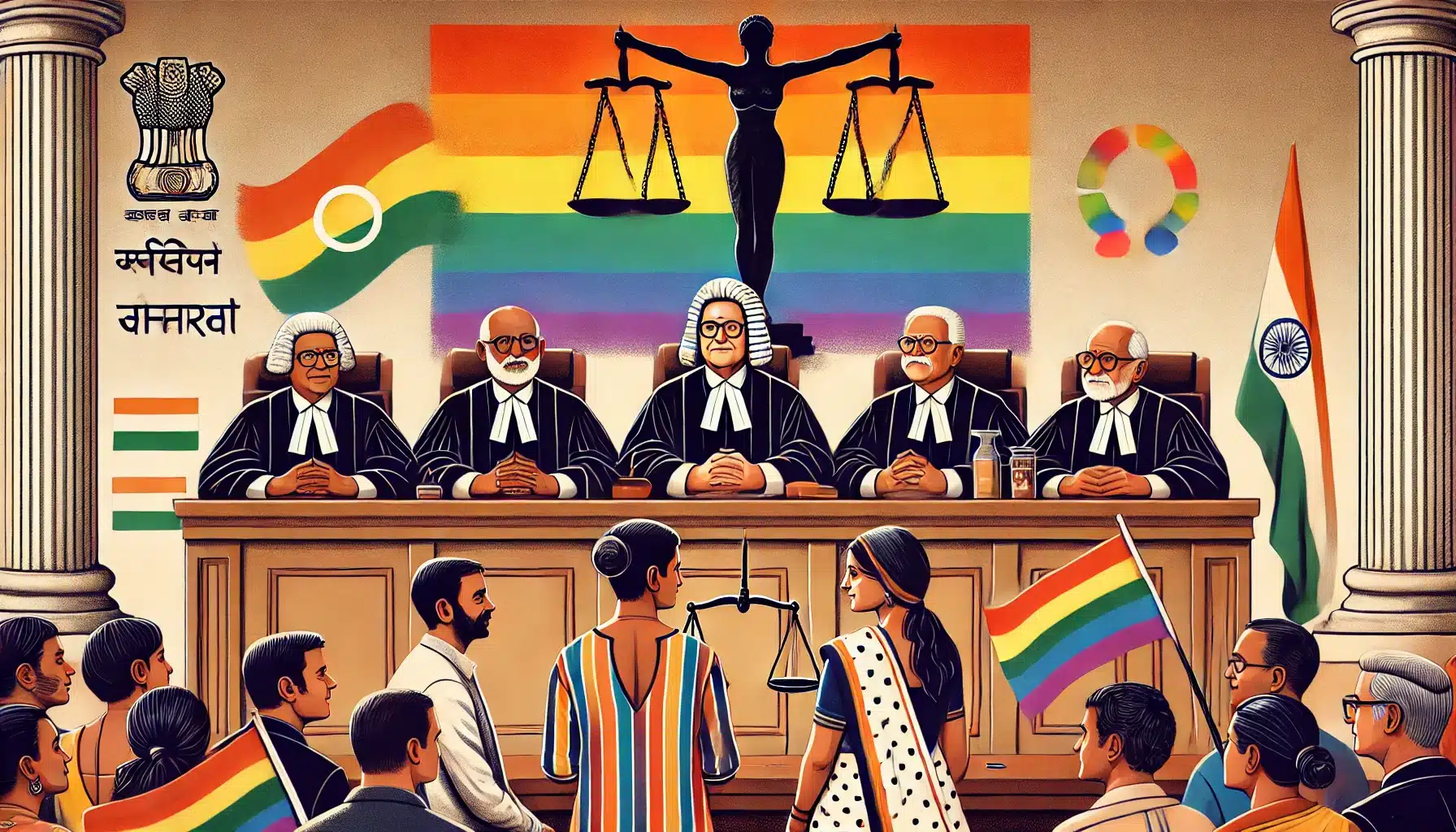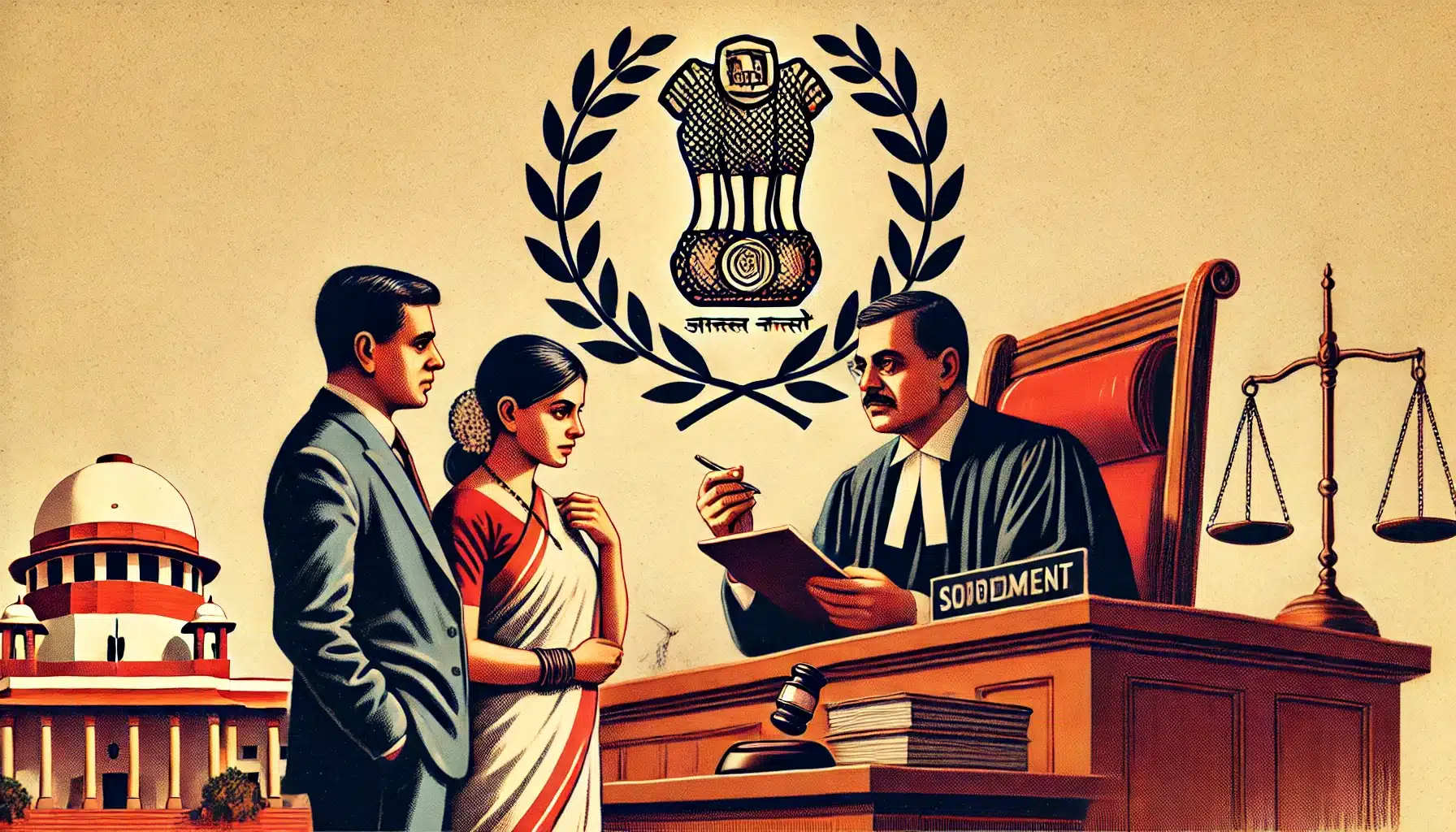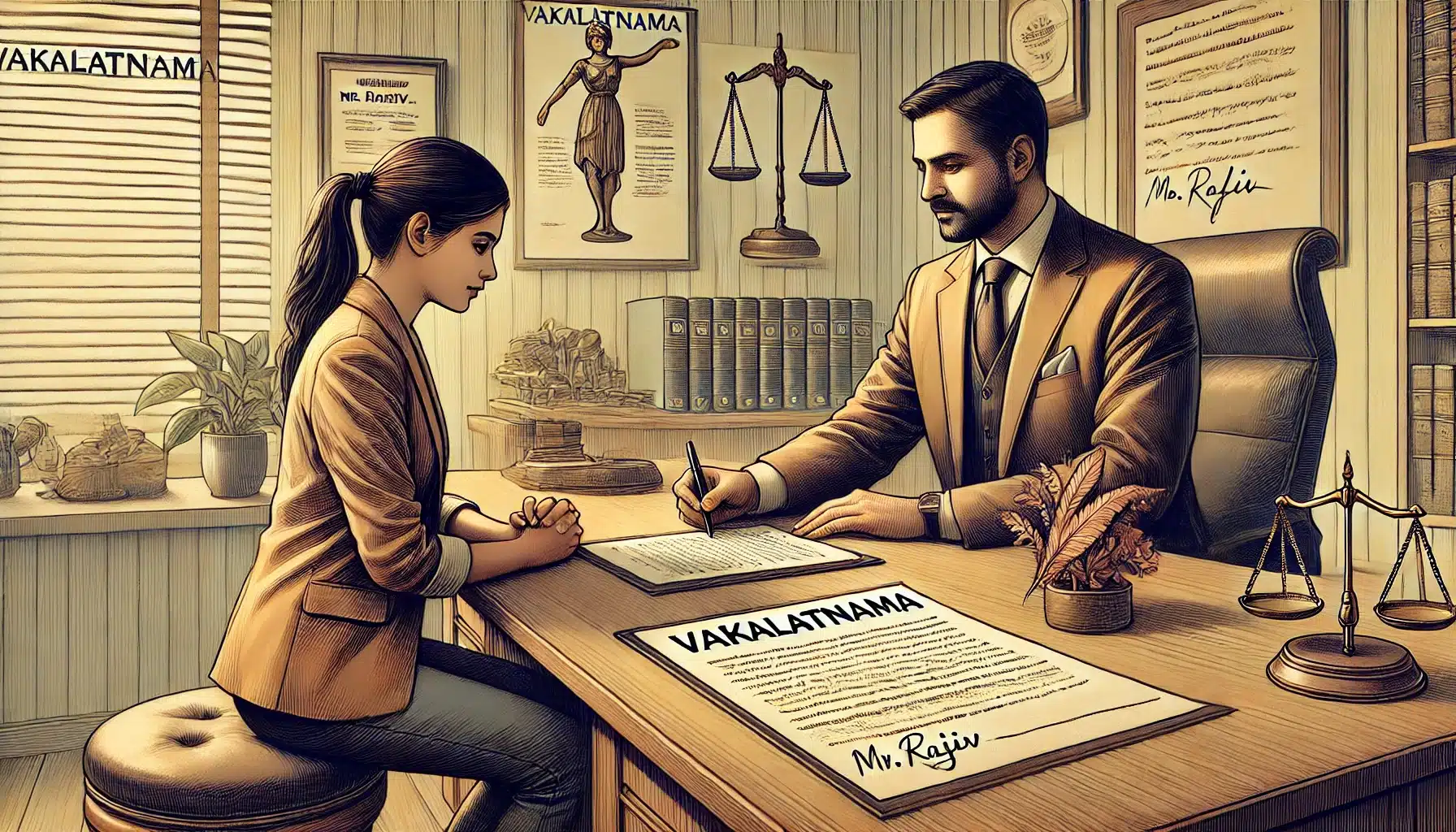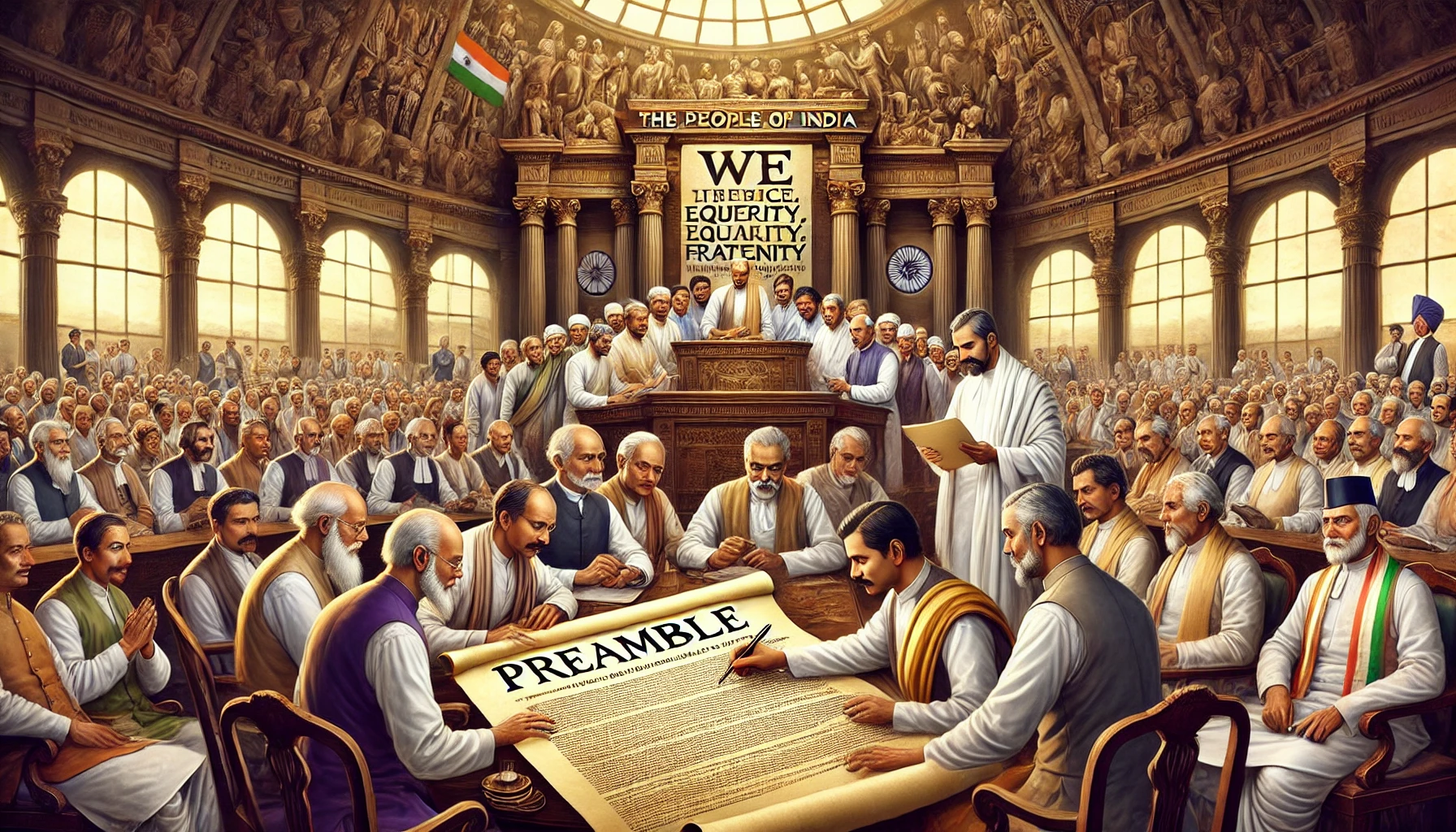May 10, 2024 14:00 UTC
| Updated:
May 10, 2024 at 14:03 UTC
Case Study: Itwari v. Smt. Asghari And Ors
Citation: AIR 1960 All 684
Date of Judgement: 29th August, 1959
Bench: S. Dhavan (J)
Facts
- In the year 1950, The husband, Itwari was married to, Smt. Asghari(wife)
- An application for maintenance under Section 488 Cr.P C by wife.
- In reverse, the husband filed a suit against his wife for restitution of conjugal rights.
- The wife contested the suit and alleged that she had been turned out by her husband who had formed an illicit union with another woman whom he subsequently married. She also alleged that he had beaten her, deprived her of her ornaments and thus caused her physical and mental pain. He had also not paid her dower.
Munsif Court’s Decision
The learned Munsif decreed the husband’s suit and held that the wife had failed, to prove that she was really ill-treated and that the husband had not been guilty of such cruelty as would disentitle him to a decree for restitution of conjugal rights against her. He held that the mere fact that the husband had taken a second wife raised, no presumption that Smt. Asghari had suffered inequitable treatment at his hands, and was influenced by the husband’s explanation, that he had not taken his second wife to live in his house with Smt. Asghari.
District Judge’s Decision
He reversed the finding of the trial court and dismissed the husband’s suit with costs. He was of the opinion that Itwari had filed his suit for restitution of conjugal rights only as a counter-blast. He took the view that the wife who had been deserted and not taken care of by the husband for so many years would not find peace with him after another woman had already been installed as his wife.
Judgement
Court held that it will be inequitable to compel the first wife to live with such a husband. The counter plea of husband regarding restitution of conjugal rights was set aside under Order 41, Rule 11, C. P. C.
Key Law Points discussed in the Case
- Is not allowing restitution of conjugal rights with first wife on husband’s second marriage is against the husband’s right to marry under Muslim personal law?
No
The court observed that the Courts in India functions as mixed Courts of equity and are guided by principles of equity well-established under English Jurisprudence. One of them is that the Court shall take into consideration the conduct of the person who asks for specific performance.[1]
Taking the reference of Badu Mia v. Badrannessa[2], the court held that a Muslim has the undisputed legal right to take as many as four wives at a time. But it does not follow that Muslim Law in India gives no right to the first wife against a husband who takes a second wife, or that this law renders her helpless when faced with the prospect of sharing her husband’s consortium with another woman. In India, a Muslim wife can divorce her husband, under his delegated power in the event of his taking a second wife.
In Ayatunnessa Beebee v. Karam Ali[3], it was held that a Muslim wife, who has the power given to her by the marriage contract to divorce herself in the event of the husband taking a second wife does not lose her option by failing to exercise it the very moment she knows that he has done so, for “a second marriage is not a single but a continuing wrong to the first wife.”
Under the Contract Act also, a contract restraining a Muslim husband from entering into a second marriage during the life time of the first is not void under Sec. 23 of the Contract Act which bans agreements in restraint of marriage.
Therefore, it could be opined that Muslim Law as enforced in India has considered polygamy as an institution to be tolerated but not encouraged, and has not conferred upon the husband any fundamental right to compel the first wife to share his consortium with another woman in all circumstances. A Muslim husband has the legal right to take a second wife even while the first marriage subsists, but if he does so, and then seeks the assistance of the Civil Court to compel the first wife to live with him against her wishes on pain of severe penalties including attachment of property, she is entitled to raise the question whether the court, as a court of equity, ought to compel her to submit to co-habitation with such a husband.
Finally, court held that a Muslim husband has always the right to take a second wife. If he does so, he cannot be prosecuted for bigamy, the second marriage is valid, the children of the second wife are legitimate and he is entitled to the enjoyment of his rights (subject to his obligations) under the second marriage.
- Is cruelty connected to social conditions?
Yes
Principles governing legal cruelty are well established and it includes any conduct of such a character as to have caused danger to life, limb or health (bodily or mental) or as to give a reasonable apprehension of such a danger.[4] The Courts have always taken into consideration the prevailing social conditions
The most convincing proof of the impact of social changes on Muslim Law is the passing of the Dissolution of Muslim Marriages Act 1939 by which the legislature enabled a Muslim wife to sue for the dissolution of her marriage on a number of grounds which were previously not available. One of them is the failure of the husband who has more wives than one to treat all of them equitably in accordance with the injunctions of the Quran.
Today, the importing of a second wife into the household ordinarily means a stinging insult to the first. It leads to the asking of awkward questions the raising of unsympathetic eyebrows and the pointing of derisive fingers at the first wife who is automatically degraded by society. All this is likely to prey upon her mind and health if she is compelled to live with her husband under the altered circumstances. A husband who takes a second wife in these days will not be permitted to pretend that he did not realize the likely effect of his action on the feelings and health of the first wife.
- Is taking second wife is proof of cruelty on the first one?
Yes
In Simpson v. Simpson[5], it was held that under the prevailing conditions the very act of taking a second wife, in the absence of a weighty and convincing explanation, raises a presumption of cruelty to the first.
- Whether satisfactory proof of cruelty is required to restrain restitution of conjugal rights?
No
Even in the absence of satisfactory proof of the husband’s cruelty, the Court will not pass a decree for restitution in favor of the husband if, on the evidence, it feels that the circumstances are such that it will be unjust and inequitable to compel her to live with him. In Hamid Hussain v. Kubra Begum[6], a Division Bench of this Court dismissed a husband’s prayer for restitution on the ground that the parties were on the worst of terms, that the real reason for the suit was the husband’s desire to obtain possession of the wife’s property and the Court was of the opinion that by a return to her husband’s custody the wife’s health and safety would be endangered though there was no satisfactory evidence of physical cruelty.
Also, in Nawab Bibi v. Allah Ditta[7], relief was refused to a husband who had been married as an infant to the wife when she was a minor but had not even cared to bring her to live with him even after she had attained the age of puberty.
[1] Abdul Kadir v. Salima (8) ILR(All) 149 (FB).
[2] (40) Ind Cas 803 (2).
[3] (36) ILR(Cal) 23.
[4] Raydyn On Divorce 5th Edition p. 80.
[5] (1951) 1 All ER 955.
[6] (40) ILR(All) 332.
[7] 1924 AIR(Lah) 188 (2).











































